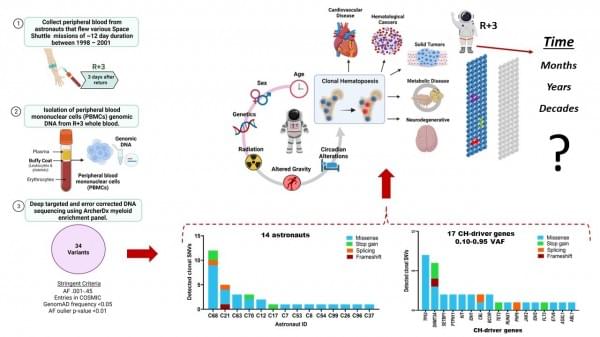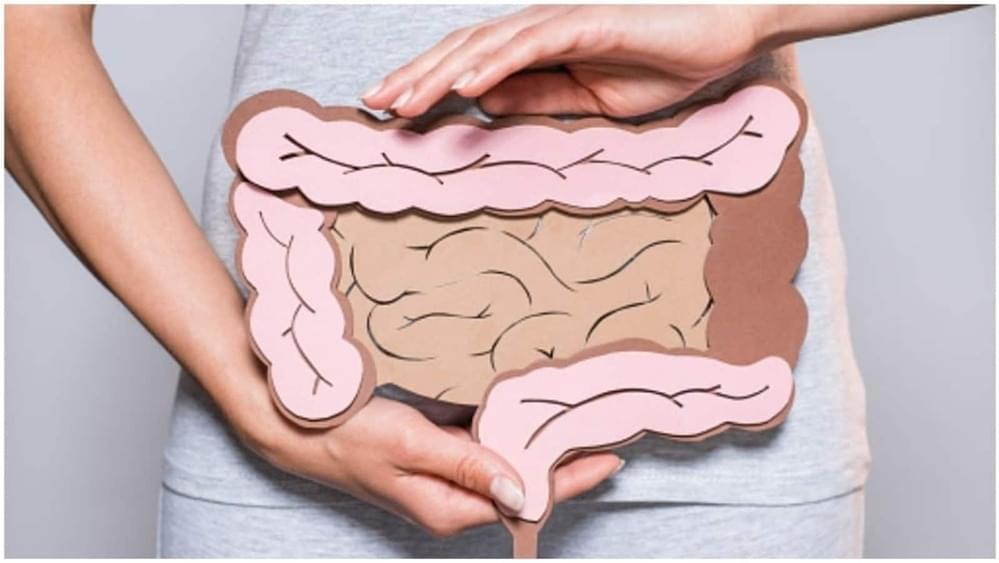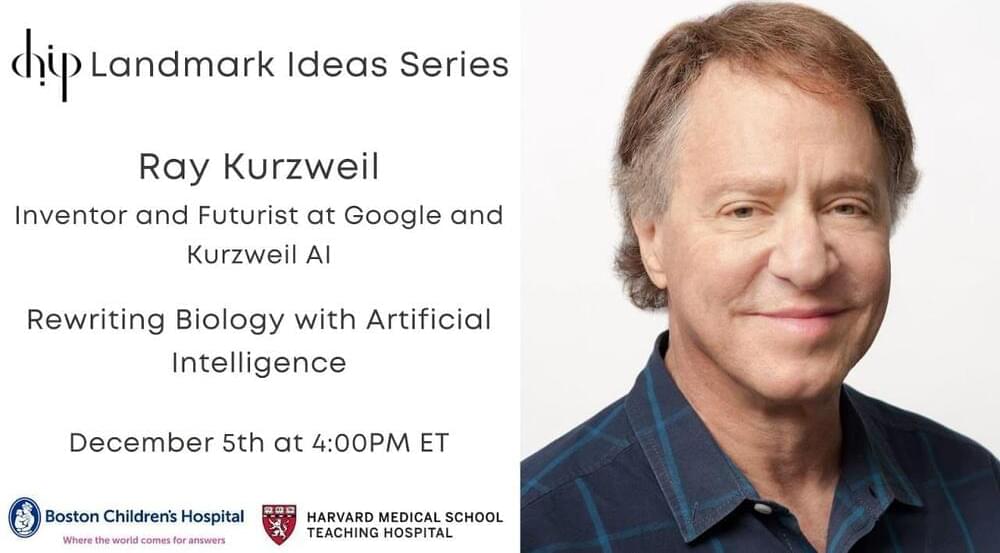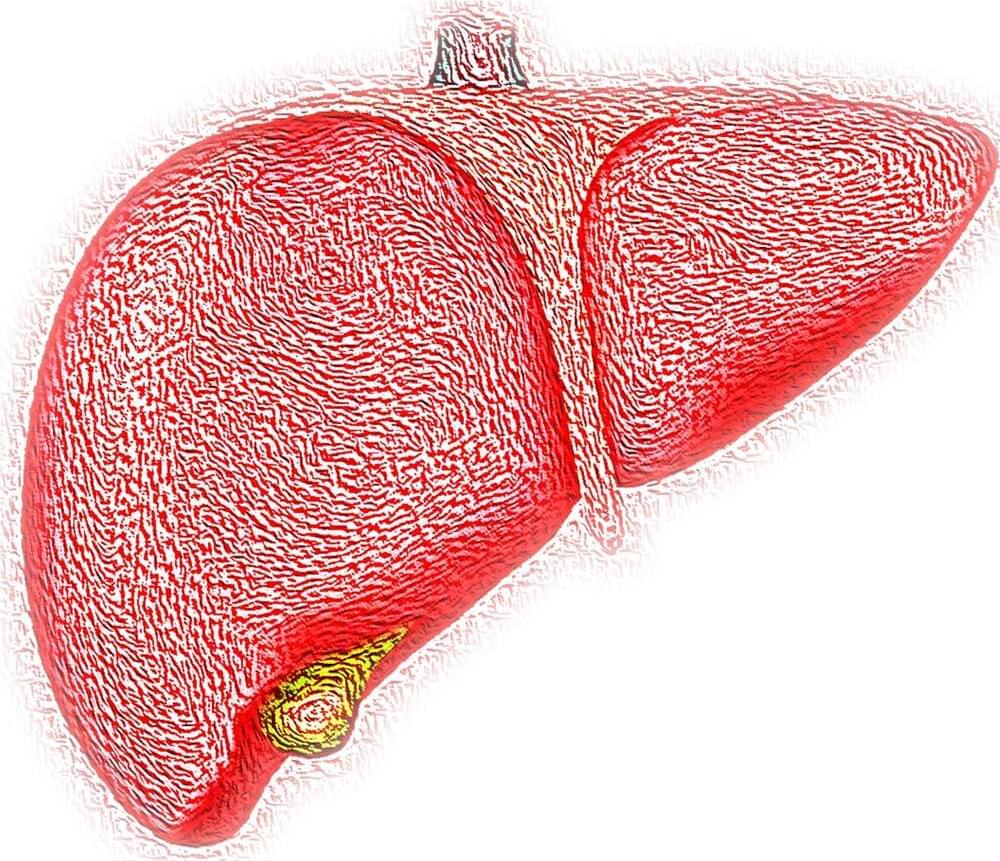Over the last two decades, scientists have postulated several theories that has helped to explain how we acquire motor skills, and the decisions we make in order to execute motor skills to navigate our environment. Additionally, the advent of neuroimaging techniques, such as electroencephalography (EEG) and functional magnetic resonance imaging (fMRI) have contributed significantly to our understanding of movement by providing possible neural correlates and processes that underpin various types of motor function. However, techniques such as EEG and fMRI are highly susceptible to motion artifacts during recording, which limits the range of movements that can be performed during scanning. This limitation impacts on the translational value of such findings in real-world applications.
To overcome the limitations of traditional neuroimaging paradigms, second generation neuroimaging devices such as portable EEG and functional near-infrared spectroscopy (fNIRS), and non-invasive brain stimulation techniques such as transcranial direct current stimulation (tDCS) and transcranial magnetic stimulation (TMS) can be used to study a broader range of dynamic movements and central changes associated with physical exercise. Both EEG and fNIRS can be applied concurrently with a motor task or exercise to understand its associated central response, while the application of non-invasive brain stimulation can help to establish causality by experimentally-induced facilitation or inhibition of specific neural networks.
In this research topic, we aim to showcase recent advances in the use of neuroimaging and non-invasive brain stimulation techniques to understand motor control processes and central adaptations to exercise across the lifespan and disease conditions. Submissions that are Original Research, Systematic Reviews and Meta-analysis, Literature review, Mini-review, Methods, and Perspective articles will be considered. Topics that cover, but not limited to, the following to domains are encouraged:
















